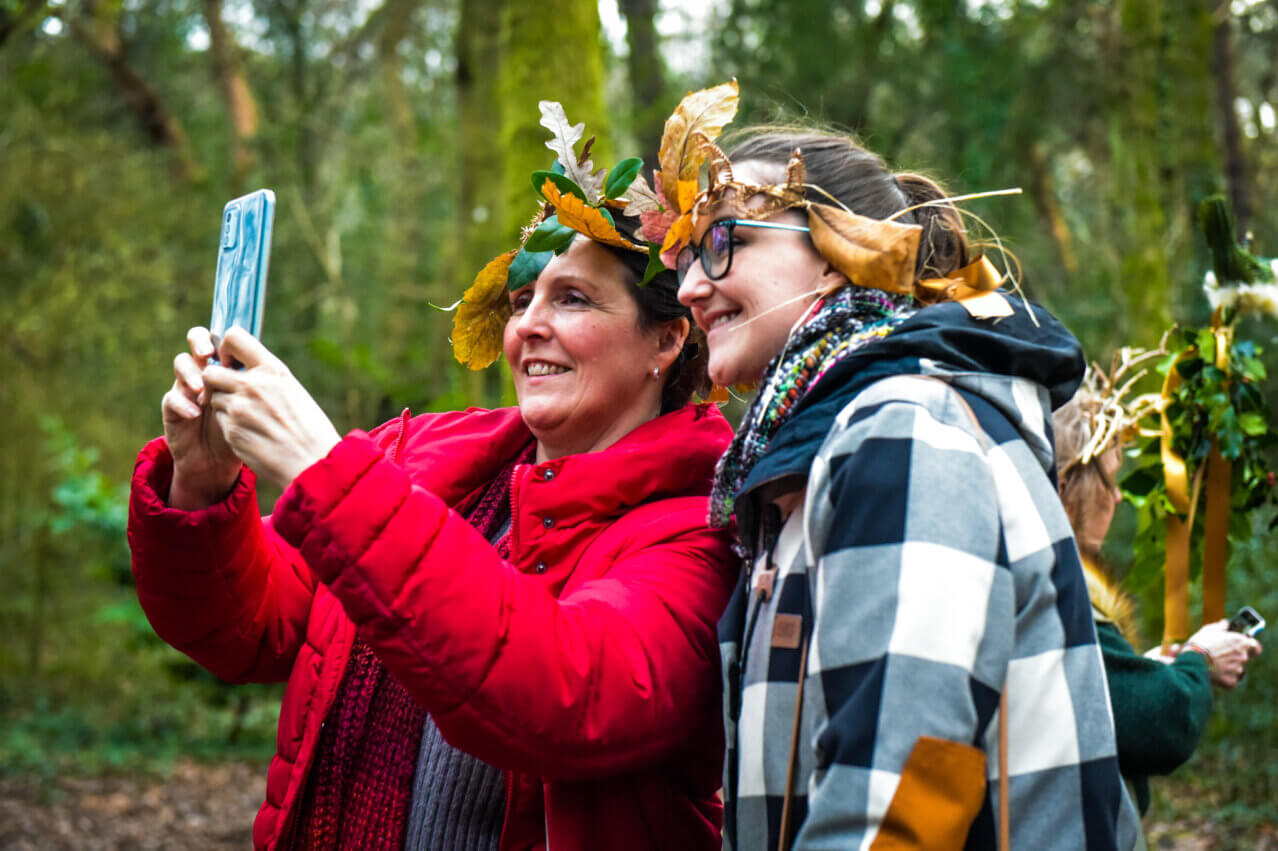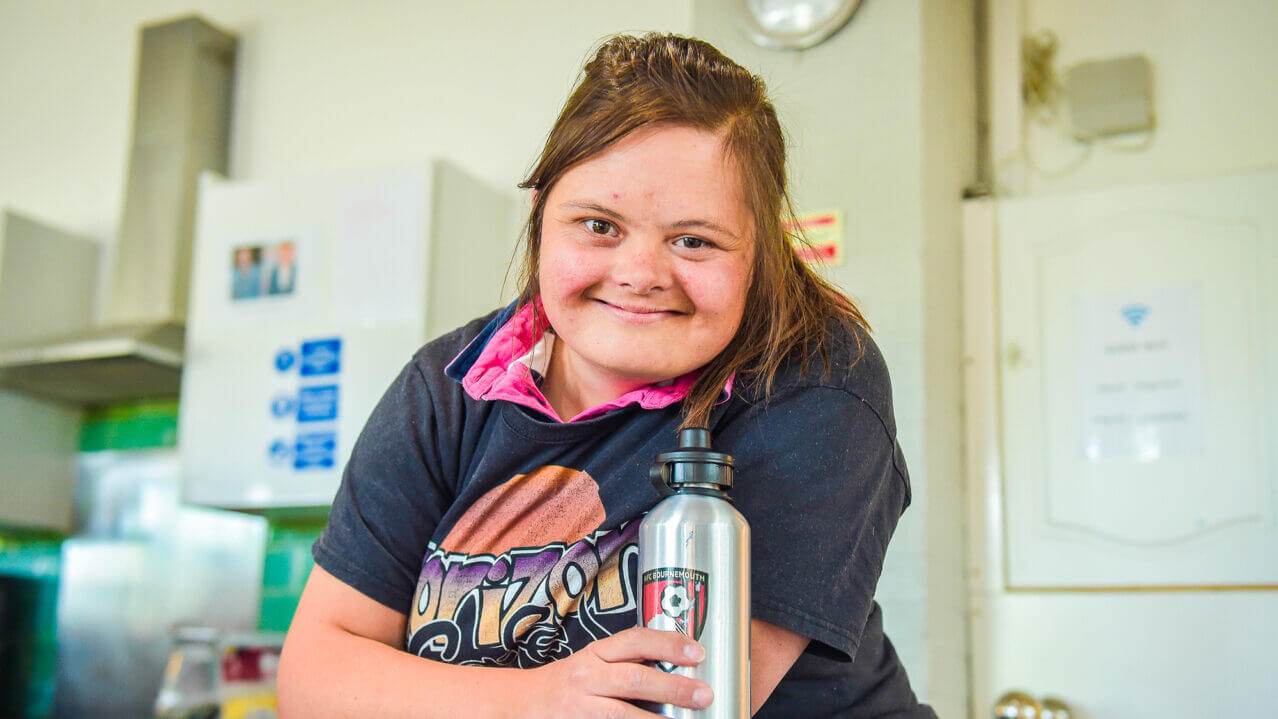Our application policy
-
The Trust awards grants to registered charities and organisations that can demonstrate their charitable purposes.
Organisations that can apply are:
- Registered Charities including Charitable Incorporated Organisations (CIO)
- Constituted community/voluntary organisations and associations
- Faith organisations that are requesting funds to support activities with the wider community
- State schools, but not for projects that should be supported by statutory funding
- Industrial and Provident Societies e.g. Housing Associations
- Community Interest Companies (CIC) Limited by Guarantee and/or
- Social Enterprises limited by guarantee that have a clear not-for-profit clause in their governing document and clear charitable or social objectives.
To meet our criteria:
- Your organisation must:
- either be located or have a base within our area of benefit, or deliver service within it (Bournemouth, Christchurch, Poole, Purbeck, or East Dorset).
- have at least three unrelated people on its Board of Trustees/Directors or management committee
- hold a valid bank account with at least two unrelated signatories
- Your proposed activities will benefit people within our area of benefit
- For Capital Grants Programme – you have raised or are in the process of raising at least 25% of the funding that you require
- You have a clear case for support, i.e. why the funding is needed, what difference it will make, and how you can deliver it
- Your application is submitted in advance of the relevant deadline.
-
Our new Grant Programmes are now open. To apply, visit the Application Page. Deadline for submissions: 31st August 2025 11:59pm.
-
All requests for funding must be submitted on an online application form available through our website. If you’re thinking of applying or are unable to submit an application online, please contact our Grants department at info@talbotvillagetrust.org to arrange an informal conversation about your project and/or our application process. For more information on the process visit our FAQ section.
Online application forms require organisations to set out the details of their proposal. How have you identified the need; who will benefit from your activities; how will you make a difference and how will you measure and monitor the outcomes of the project? You’ll need to provide a breakdown of your budget and, for Capital Grants Programme, indicate how you’ll meet match funding requirements.
You’ll also need to supply the following information as part of the application form:
- You’ll need to indicate that your organisation holds a valid bank account with at least two unrelated signatories. The details of your bank account (name, sort code, account number) will only be requested if your organisation is awarded a grant.
- You’ll need to submit:
- organisational constitution or governing document. We’ll need to know that your organisation holds a valid constitution and understand how it is governed.
- most recent audited or independently examined accounts or an income/expenditure spreadsheet depending on the size of the organisation. It will demonstrate the financial position of the organisation regarding income, expenditure, loans, liabilities etc. New organisations without annual accounts may submit a financial forecast as an alternative.
- budget document for the proposed project
- your safeguarding policy
Please read our FAQ section or contact us if you have any difficulty with the online application form,
-
Grants will not be awarded to the following types of activity or organisations:
- Animal welfare organisations unless for assistance therapy
- One-off events with limited longer-term benefit
- Applications made by individuals, except in exceptional circumstances (by invitation)
- Where the application is to repay a loan or previous commitment
- Retrospective funding – grants for work that has already started or been completed
- Religious activities from faith based organisations. However we may contribute to repairs of faith based buildings where there is a benefit to the wider community
- Where the application is purely concerned with the environment and not linked to local community-based sustainability efforts
- Where the application is from an independent or fee paying school, unless the application is to assist those who come from disadvantaged backgrounds
- Where the application is from a local authority school, unless the application is to meet expenditure which is clearly outside of the scope of funding for which the State should be responsible. Additional factors such as opening up community engagement accompanied by higher than average levels of Pupil Premium and/ or SEND provision
- Public bodies to carry out their statutory obligations
- Projects for items/ refurbishment which are the responsibility of the applicant’s landlord
- Projects where statutory funding has been withdrawn and/or where the proposed project is duplicating an existing service
- Swimming pools, unless for specific therapeutic reasons
- To fund research or research infrastructure including medical research
- Towards the cost of vehicles e.g. mini-buses and the like (unless by exception)
- To fund facilities outside of the Area of Benefit even where these may be used by persons residing within the Area
- Where the applicant has not yet made efforts to raise some of the monies required
-
We run direct funding programmes, with deadlines advertised on our website, social media, and through our networks. Our new Grant Programmes for 2025 are now open.
Funding Programmes 2025
a) Small Grants Programme:
- Up to £5,000 per grant
- Total funding pot: £100,000
- Award can be split across 2 years if needed
- Open to grassroots and / or local impact organisations with an annual turnover under £250,000
- Deadline to submit your application: 31st August 2025 11:59pm
- Decision: mid/end of October
Supports:
- Core/operating costs
- Project costs
- Small capital items (e.g., equipment, minor repairs)
b) Capital Programme:
- Requests of £10,000 or more
- Total funding pot: £250,000
- Open to organisations that can demonstrate the capital expenditure is planned and integrated into their broader organisational strategy
- Providing a minimum 1 year of signed accounts
- Deadline to submit your application: 31st August 2025 11:59pm
- Decision: end of November
Supports:
- Purchase, refurbishment or repair of buildings or physical spaces, investment in physical or IT assets, accessibility improvements
To apply, visit the Application Page.
-
Capital Costs
Capital costs are the costs incurred in buying tangible items. Examples are in the list below, but this is not an exhaustive list. Please do get in touch to find out more.
- an office or building for the charity to use
- refurbishment of an existing building
- computers or other IT hardware
- outdoor play equipment or camping equipment
Revenue Costs
These are costs associated with a project or service. This could include:
- the salaries of the staff involved in delivering the service
- hire of rooms
- training on specific skills related to service delivery
- transport
- resources for use in the service
This is not an exhaustive list; your project may have other direct costs. These costs are only incurred because the project is taking place.
Core Costs
These are costs relating to the day-to-day running of the organisation and are sometimes called running costs, indirect costs or overheads. They include:
- Rent
- Utilities and broadband rental
- Governance costs
- Accountancy and audit costs;
- Insurance
- Staff salaries
We will consider core costs in exceptional circumstances e.g. where there is a strong case to support an organisation through a particular crisis period. Contact us for more information.
-
Each application is considered carefully as we assess local needs, evidence of effectiveness, perceived impact, value for money and sustainability of the investment.
- On receipt of the application, the Trust assesses eligibility and carries out due diligence checks based on the supporting documents supplied. We also consider the fit of the proposal to the charity’s grant giving aims.
- We will warmly welcome applications ahead of the programme deadline – just in case you have technical or last-minute issues.
- Applications which are not shortlisted can be turned down for one or more of the following reasons:
- Ineligible applications or organisations
- Project is not the best fit for our impact goals
- Project is not aiming to make a lasting difference
- Project is not led by the community or people most affected by the issue
Please note that this is not a judgement of the value of the application, as competition for funding is very high and we receive more applications that we are able to fund.
- All applicants will be notified of the outcome.
- Shortlisted applications typically receive a visit or follow-up Teams call by a member of staff or an independent grant assessor to discuss their application in more detail. This provides us an opportunity to find out more about your organisation. We may request further information following the conversation with you.
- After the visits and calls have been completed, the grant application report is presented to the Trustees for further assurance and scrutiny.
- Our Trustees may call upon external experts or others who bring knowledge of particular communities or areas as well as hearing further from the Grants team.
- An assessment summary of all eligible applications with recommendations for funding are put forward for Trustee approval. The Trustees’ decision is final.
-
Applicants for the Small Grants Programme will be notified of the final decision by end of October/early November.
Shortlisted applicants for the Capital Grants Programme will be informed of the outcome of their application in November/December.
Please note that being shortlisted does not guarantee an award nor offer of the full funding amount requested.
Dependent on the level of funding, a grant Offer Letter (for grants under £25,000) or a formal Grant Agreement (for grants over £25,000) will be issued to successful applicants.
-
Successful applicants for Small Grants Programme can start drawing down the funding immediately after receiving the Offer Letter.
For our Capital Grants Programme, successful applicants have to evidence that they have met the match funding requirement prior to drawing down the Trust award.
Payments are made to the organisation’s bank account only.
Awardees are allowed a two year period from the date of award in which to draw down funds. We would strongly encourage successful applicants to inform us at the earliest opportunity if they are unlikely to be able to access the funding within that time period. We are able to review revised timelines where appropriate.
Please note that organisations that have previously received funding and have not yet submitted an impact report — where sufficient time has passed since project completion — will be required to do so before any new grant funds can be released.
-
Requests to amend or change the terms of a grant will only be considered in exceptional circumstances.
We require awardees to submit an impact report at the end of the grant period. Please note that organisations that have previously received funding and have not yet submitted an impact report — where sufficient time has passed since project completion — will be required to do so before any new grant funds can be released.
-
It is a requirement that successful applicants follow our PR and logo guidelines when promoting their projects. Contact info@talbotvillagetrust.org for more information.
The Trust is keen to give active support to organisations where possible.
We welcome feedback from all applicants on our application process and we are continually looking at ways to improve our processes and to support applicants and awardees.
We aim to listen to and work in partnership with grantees, prospective grantees and other stakeholders in an open and transparent manner in order to make a difference to east Dorset.
We welcome applications that can apply ideas, initiatives and learning to emerging and unmet needs.
Our Trust supports communities in South-East Dorset to live well. We help to transform lives by providing grants to charities and other local impact organisations.
Please check our Area of Benefit map to ensure that we’re able to consider your application.
Please review our FAQ section or email our Grants department at info@talbotvillagetrust.org with information about your organisation and funding needs, and we’ll come back to you with guidance and/or to arrange a brief phone call.
Our new Grant Programmes are now open. To apply, visit the Application Page.



